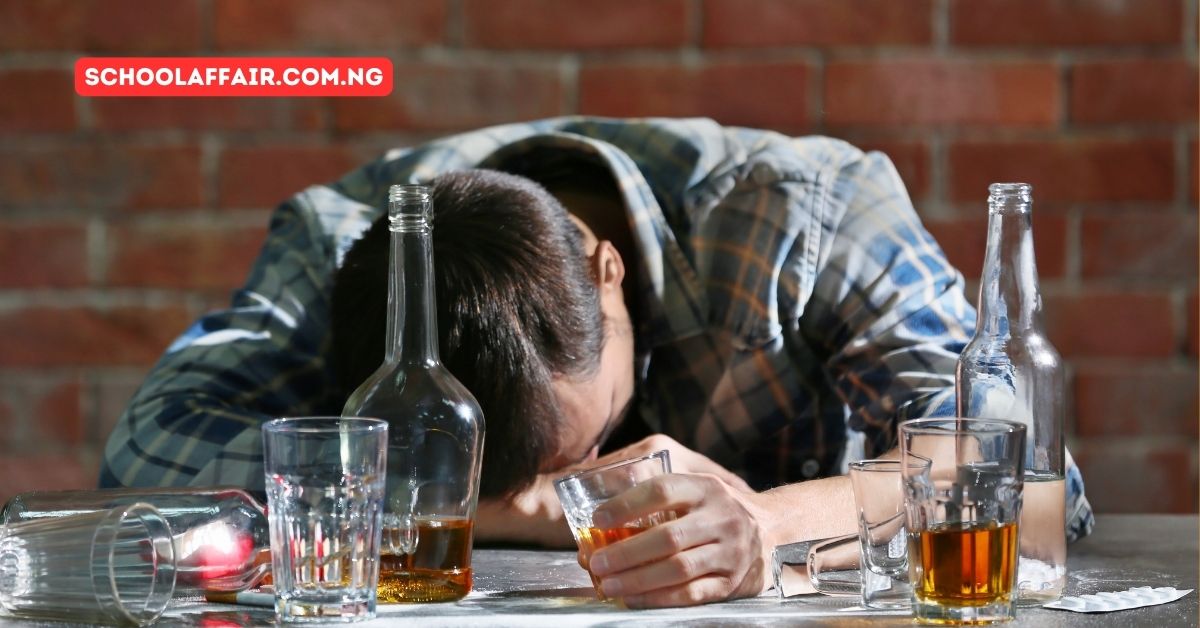A common and deeply ingrained social beverage, alcohol has long been a component of humanity’s culture. Figuring out the reasons behind alcohol intake involves examining a complicated web of psychological, physiological, and societal influences.
- 1. Social and Cultural Influences:
- 2. Stress Relief and Coping Mechanisms:
- 3. Peer Influence and Social Dynamics:
- 4. Marketing and Cultural Perceptions:
- 5. Physiological Effects:
- 6. Tradition and Family Influences:
- 7. Accessibility and affordability:
- 8. Escapism and Recreation:
- Stop Drinking: A Step-by-Step Guide
- Conclusion:
1. Social and Cultural Influences:
- Celebration and Rituals: Alcohol often takes center stage in celebrations and rituals, marking milestones and fostering social connections.
- Cultural Norms: Cultural practices and societal norms can influence drinking habits, with some cultures embracing alcohol as an integral part of social interactions.
2. Stress Relief and Coping Mechanisms:
- Stress Alleviation: Many individuals turn to alcohol as a coping mechanism for stress. It provides a temporary escape and relaxation, albeit with potential long-term consequences.
- Emotional Coping: Dealing with emotions, be they joy, sadness, or anxiety, is a common reason for consuming alcohol, as it can numb or enhance certain feelings.
3. Peer Influence and Social Dynamics:
- Peer Pressure: Social settings, particularly among younger demographics, often involve peer pressure, where the desire to fit in or conform plays a significant role in alcohol consumption.
- Social Acceptance: In various social circles, the act of drinking is seen as a marker of social acceptance and camaraderie.
4. Marketing and Cultural Perceptions:
- Advertising Impact: Similar to smoking, marketing, and advertising play a pivotal role. The portrayal of alcohol in the media can shape perceptions and contribute to its normalization.
- Symbol of Sophistication: In certain contexts, consuming alcohol is synonymous with sophistication and refinement, influencing people to adopt it as a status symbol.
5. Physiological Effects:
- Chemical Influence: Alcohol alters brain chemistry, leading to feelings of euphoria and relaxation. The physiological effects contribute to its addictive nature.
- Sociability Enhancement: Moderate alcohol intake is believed to enhance sociability by reducing inhibitions, making it a common feature in social gatherings.
6. Tradition and Family Influences:
- Family Traditions: Long-standing family traditions often involve the sharing of alcoholic beverages during meals or events, ingraining the habit from a young age.
- Generational Influence: The behavior of parents and older family members can significantly influence the drinking habits of younger generations.
7. Accessibility and affordability:
- Ease of Access: The availability of alcohol in various forms and settings contributes to its consumption. Ease of access can lead to impulsive decisions.
- Affordability: In regions where alcohol is economically accessible, its affordability can impact consumption rates.
8. Escapism and Recreation:
- Temporary Escape: Seeking an escape from the pressures of daily life, individuals may turn to alcohol as a form of relaxation and escapism.
- Recreational Consumption: Drinking is often intertwined with recreational activities, from sports events to casual outings with friends.

Stop Drinking: A Step-by-Step Guide
• Acknowledge the Issue: Recognize the problem of alcohol consumption and the need for change.
• Set clear goals: define realistic and achievable drinking habits.
• Seek professional guidance: consult with a healthcare professional or addiction specialist for a personalized recovery plan.
• Build a support system: Share decisions with supportive friends or family.
• Avoid Triggers: Identify situations, emotions, or environments that trigger drinking.
• Replace Drinking Habits: Substitute alcoholic beverages with non-alcoholic alternatives.
• Consider Therapy and Counseling: Seek professional help to address underlying issues contributing to drinking.
• Consider Medication: Seek personalized advice from a healthcare professional.
• Stay Busy: Engage in activities that keep you occupied and pursue hobbies that bring joy.
• Celebrate Milestones: Celebrate achievements to boost motivation.
• Educate Yourself: Learn about the effects of alcohol on your body and mind.
• Remove Temptations: Remove alcohol from home and avoid places and situations where you used to drink.
• Join Support Groups: Connect with others who share similar struggles.
• Adopt a Healthy Lifestyle: Adopt regular exercise, a balanced diet, and sufficient sleep.
• Seek Professional Assistance: Seek professional help if quitting is challenging.
• Learn from Relapses: Use setbacks as learning experiences.
• Stay Committed: Stay committed and be patient with yourself.
• Reward Yourself: Celebrate successes along the way.
Conclusion:
Similar to smoking, several factors contribute to alcohol use. An individual’s experience, societal influences, and physiological impacts all play a part in the complicated connection that people have with alcohol. To encourage an attitude of responsible drinking, raise awareness, and assist those who might be experiencing alcohol-related problems, it is imperative to acknowledge all of these factors. Understanding the reasons behind alcohol use is an important first step on our journey toward a healthy society.



